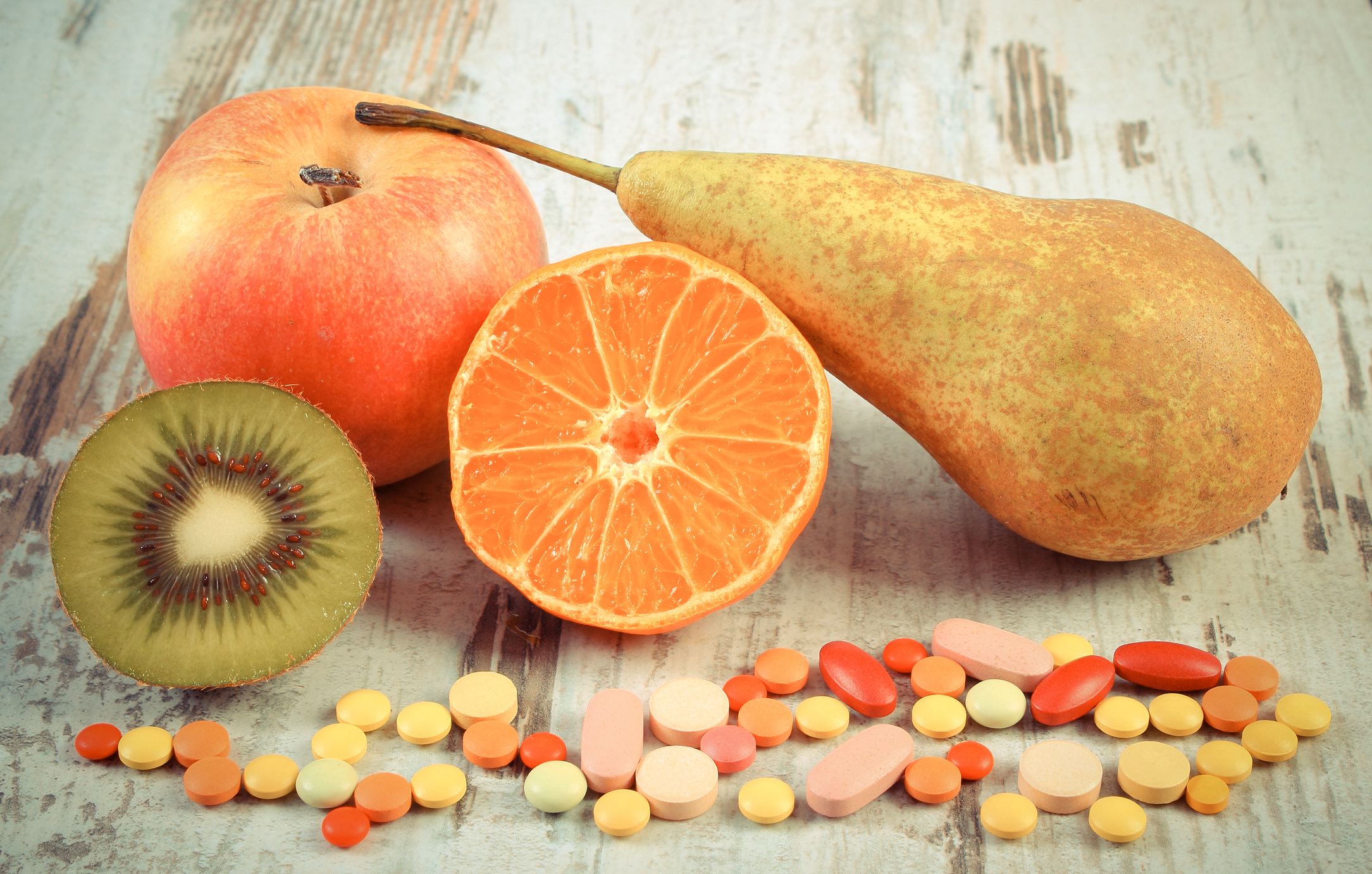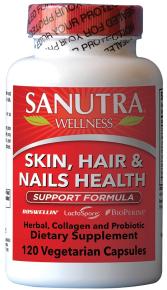There’s consensus that the best way to take your vitamins is by eating a balanced diet that focuses on whole foods.
But it’s also true that many of us don’t get all the nutrients we need from the food we eat—which explains why a daily multivitamin/mineral supplement is a staple for more than half of us.
Have Whole Foods in Your Supplements Too
One way to fill in nutritional gaps without foregoing the benefits of whole foods is to take vitamin supplements that are made from whole foods.
What is the Difference Between Synthetic Supplements & Whole Food Supplements?
What’s the difference between synthetic and whole foods supplements?
Synthetic Supplements
Synthetic supplements provide isolated vitamins manufactured in labs and may contain filler and additives. They are designed to duplicate the way natural vitamins act in the body.
Whole Food Supplements
Whole foods supplements are just what they sound like—supplements made from natural materials containing the vitamin source. Natural whole foods supplements are usually labeled as such and name food sources in the ingredients list; synthetic supplements typically list individual vitamins and minerals and may use chemical names for them.
Whole foods provide a wide range of nutrients—vitamins, minerals, enzymes, and more—in combination, so your body can absorb them as efficiently as possible.
Take Caution with Chewable Supplements
Whatever kind of vitamins you use, beware of chewables that contain excessive sugar. It’s too easy to overeat them when they taste like candy, and it’s better to save the calories for healthful whole foods.
For best results, look for gummies with less than 3 grams of sugar per serving. Choose gummies that do not contain high-fructose corn syrup or glucose, sugar alcohols or artificial sweeteners, artificial flavorings or colorings, and sugar coatings.





